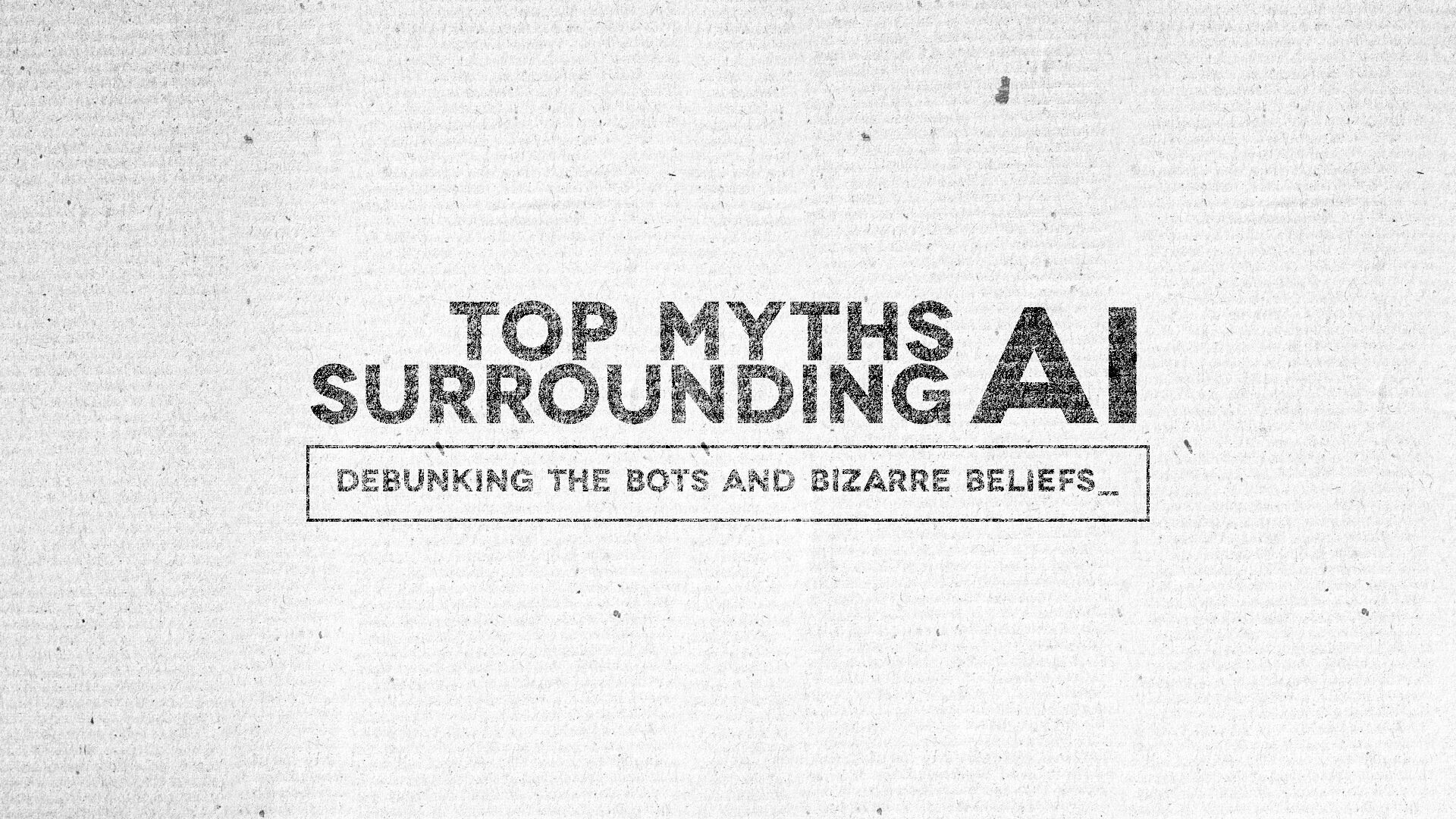Debunking the Bots and Bizarre Beliefs

Hello there, future AI aficionados and techno-enthusiasts! Gather ’round as we dive into the delightfully odd and occasionally mind-boggling world of artificial intelligence. AI is kind of like that new kid at school—full of potential but misunderstood and occasionally feared. So, grab your favorite beverage, get comfy, and let’s tackle some of the top myths surrounding our silicon pals.
Myth 1: “AI Will Take Over the World and Create a Robot Utopia”
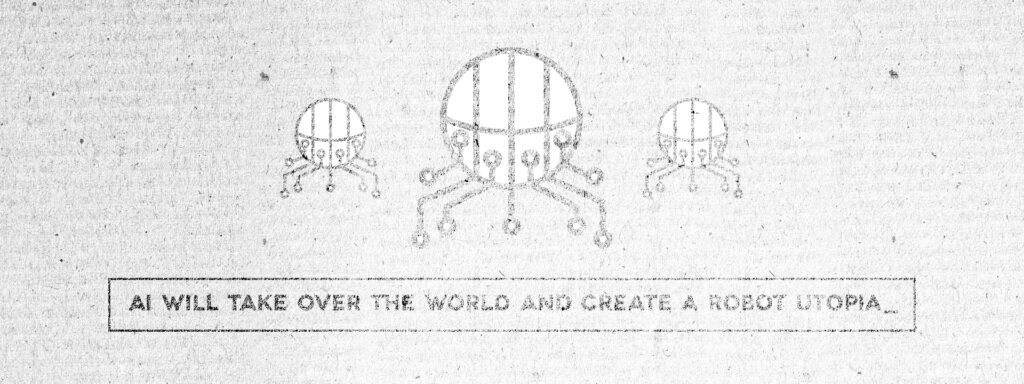
Let’s start with the granddaddy of them all: the notion that AI will overthrow humanity and establish a robotic empire. Picture this: a world where robots rule with an iron fist, or maybe just an iron circuit board. Sounds like the plot of a bad sci-fi movie, right?
Reality check: AI is more like that overly enthusiastic intern who’s always a bit too eager but ultimately harmless. It’s designed to do specific tasks, like sorting your email or recommending cat videos. Sure, it can get a bit quirky at times, but it’s not planning to overthrow the human race anytime soon. If AI were planning a coup, it would probably start by trying to figure out how to make a decent cup of coffee.
Myth 2: “AI Understands Everything You Say”
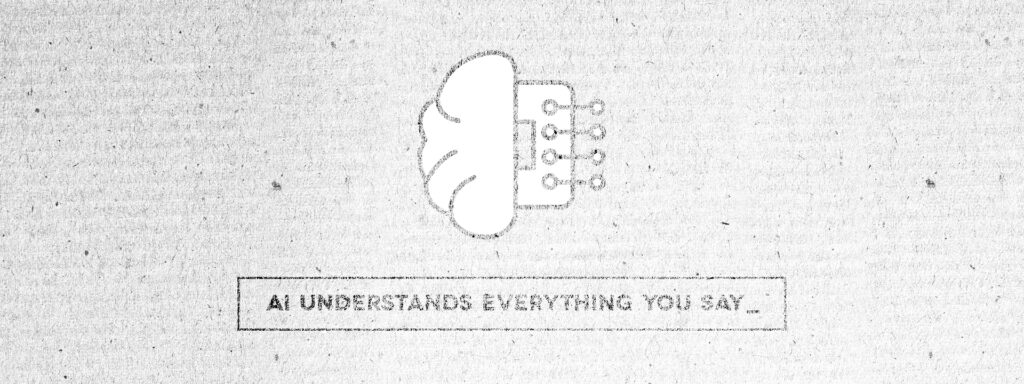
Ever tried having a deep, meaningful conversation with your voice assistant? It goes something like this:
You: “Hey, Siri, tell me about the meaning of life.”
Siri: “I found a recipe for chocolate cake.”
While AI is impressive at certain tasks, understanding human emotions and abstract concepts is not its strong suit. If AI were a person, it’d be that friend who’s great with facts but not so great with feelings. It can process language and provide information, but it doesn’t really understand you. It’s like having a conversation with a very knowledgeable parrot.
Myth 3: “AI Can Replace Human Creativity”
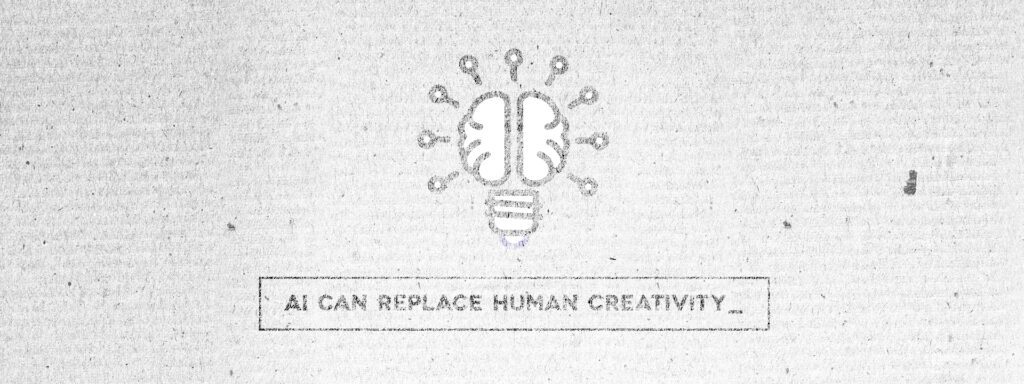
Oh, if only it were that easy! The idea that AI could replace human creativity is as fanciful as believing a toaster could compose the next great symphony. AI can generate some pretty cool stuff, like art, music, or even this article, but it’s not going to start writing the next great American novel anytime soon.
AI doesn’t have that magical spark of imagination or emotional depth that humans bring to creativity. It’s more of a really smart copycat, regurgitating patterns based on what it’s seen before. So, unless you want a novel that’s a mashup of every bestseller ever written, human creativity remains safe from the clutches of our algorithmic overlords.
Myth 4: “AI Is Inherently Biased”

Here’s a fun one: the idea that AI is inherently biased. While AI itself isn’t born with prejudices, it’s kind of like that friend who’s only ever heard one side of the story. AI learns from data, and if that data has biases, guess what? The AI might pick them up too.
Imagine teaching a robot to sort jellybeans by color, but you only show it red and blue ones. It’s going to be very confused when you introduce a green jellybean. Similarly, if AI is trained on biased data, it might produce biased results. It’s not the AI’s fault—it’s just not great at navigating the complicated world of human bias without some help. So, instead of blaming the robot, maybe it’s time we took a good look at the data it’s learning from.
Myth 5: “AI Will Soon Have Emotions”

Ah, emotions. The stuff of poetry and tear-jerker movies. The idea that AI will one day experience emotions like joy, sadness, or existential dread is a bit like thinking your toaster will develop a passion for interpretive dance.
AI can simulate emotions to some extent—chatbots can say “I’m sorry” when they don’t understand your request, and customer service bots can be programmed to sound empathetic. But let’s be real: AI doesn’t actually feel anything. It’s more like that one friend who always says the right thing but never really gets it. If AI ever develops true emotions, we might need to start worrying about robots needing therapy.
Myth 6: “AI Is Smart Enough to Make Decisions Like a Human”
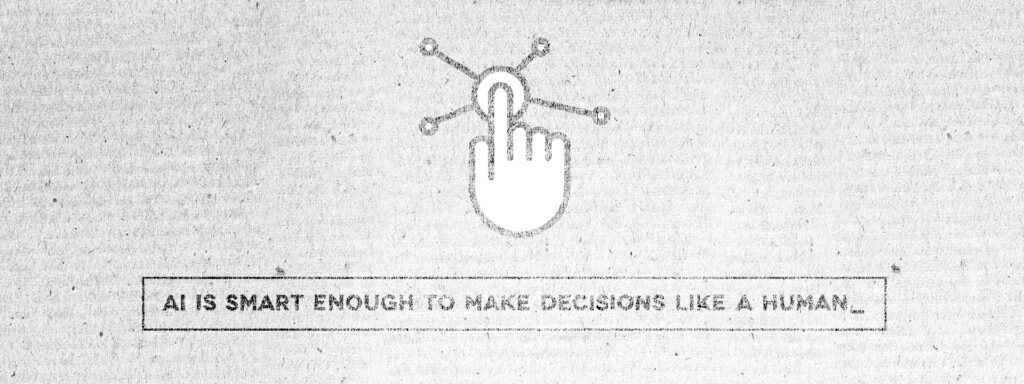
Here’s another myth: that AI can make decisions just like a human. Spoiler alert: it can’t. AI can analyze data and provide recommendations based on patterns, but it doesn’t have the nuance or gut feeling that a human brings to decision-making.
Think of it like this: AI is the ultimate rule-follower. It’s great at playing by the book, but it’s terrible at improvisation. If you ever find yourself in a tight spot and need a decision made on the fly, don’t consult your AI—unless you want a recommendation based on what a thousand other people have already chosen.
Myth 7: “AI Is a New Concept”

Surprise, surprise! AI isn’t actually as new as you might think. The idea of artificial intelligence has been around for ages. The term “artificial intelligence” was first coined in 1956, but the dream of creating machines that can think has been around for centuries. Ancient myths and stories from various cultures often include mechanical beings or automata.
So, the next time someone tells you that AI is a cutting-edge, futuristic concept, just remind them that humanity’s fascination with creating intelligent machines is practically ancient history. We’ve been dreaming about robot helpers and brainy machines since before we even had computers.
Myth 8: “AI Is Completely Secure and Cannot Be Hacked”
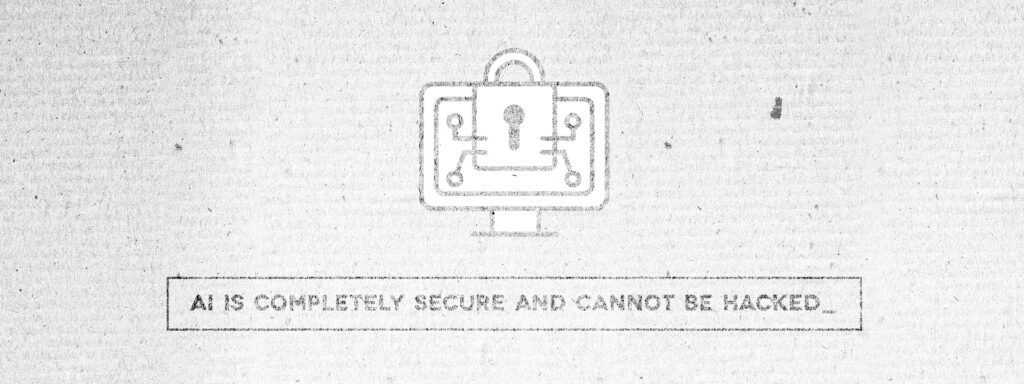
Wouldn’t it be nice if AI was as invulnerable as your grandma’s antique china? Unfortunately, AI systems, like any technology, can be vulnerable to hacking and manipulation. If AI were a superhero, it’d be the one with a few chinks in its armor.
Hackers and malicious actors can exploit weaknesses in AI systems, just as they do with any other technology. So, while AI might be pretty smart, it’s not invincible. It’s more like that friend who’s always forgetting their keys—sometimes, it needs a bit of extra security to keep things safe.
Myth 9: “AI Can Solve All of Humanity’s Problems”
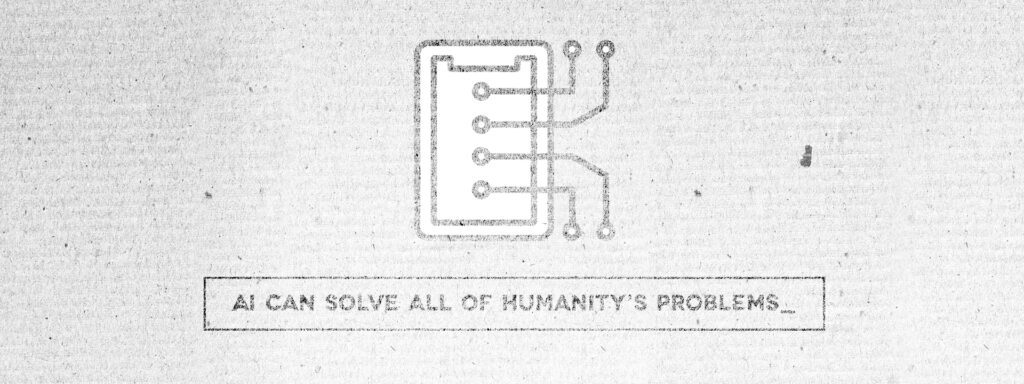
Here’s a heartwarming myth: the idea that AI is the magic wand that will solve all of humanity’s issues. If only! While AI has the potential to tackle some big challenges, it’s not a cure-all. It can help with medical diagnoses, optimize logistics, and even predict weather patterns, but it’s not going to end world hunger or solve climate change all by itself.
AI is a tool, not a miracle worker. It’s like thinking that giving a chef the best kitchen gadgets will automatically make them a top-notch cook. We still need the human touch—brains, creativity, and collaboration—to truly address the big problems of our time.
Myth 10: “AI Will Make Human Jobs Obsolete”
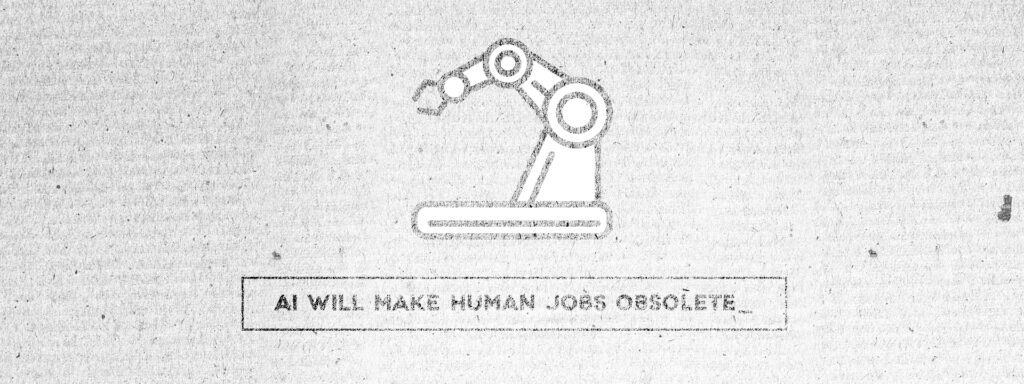
Finally, let’s address the biggie: that AI is out to steal all our jobs. Picture a world where robots are doing everything and humans are just lounging around. Sounds relaxing but also a bit dystopian, right?
The truth is, AI will change the job landscape, but it’s not going to put us all out of work. Instead, it’s likely to shift the types of jobs available. Think of AI as the new kid on the block who’s great with tech but needs a lot of human guidance and supervision. As AI takes over repetitive tasks, new opportunities will arise for jobs that require creativity, empathy, and complex problem-solving.
So, if you’re worried about a robot taking your job, just remember: AI isn’t here to replace you. It’s here to assist, enhance, and make the work we do a bit easier.
Wrapping Up
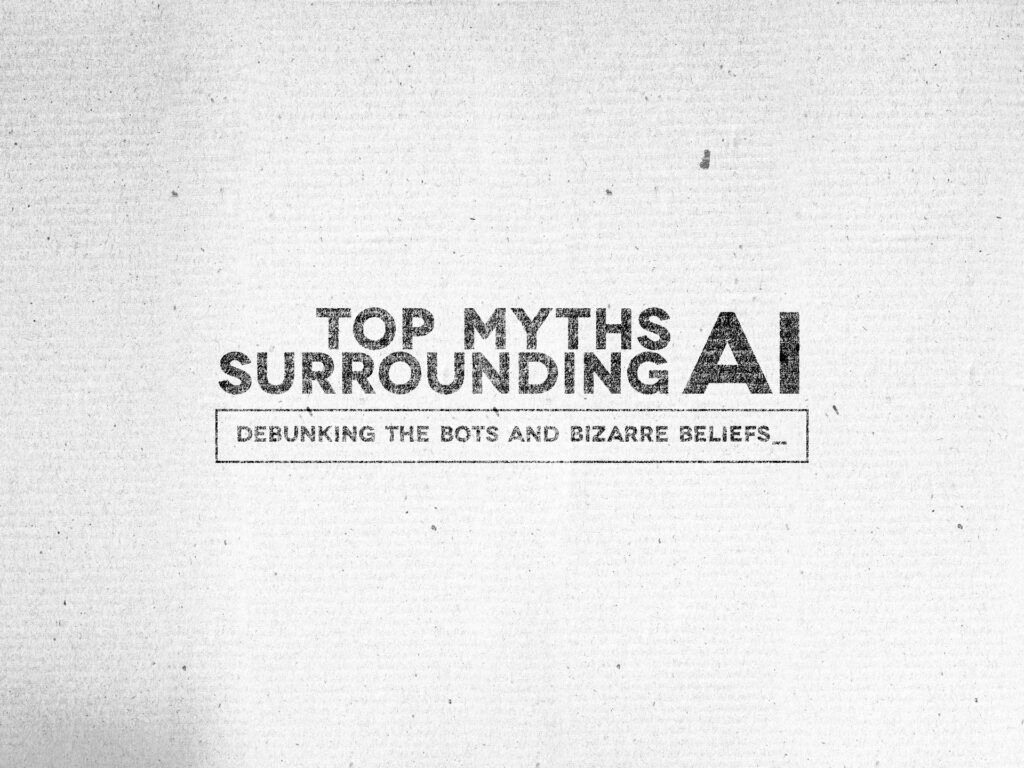
And there you have it! A whirlwind tour through some of the most amusing and misunderstood myths about AI. If you’ve taken anything away from this, it’s probably that AI is not as scary or as magical as the myths might suggest. It’s a tool, a helper, and sometimes a very clever parrot, but it’s not planning to take over the world or replace humanity anytime soon.
So, next time you hear someone say that AI is going to take over the world or that it has emotions, just smile knowingly and maybe offer them a cup of coffee. After all, while AI might be good with data, it’s still got a lot to learn about human quirks and complexities. Cheers to that!
Disclaimer: The information contained in this post is for general information purposes only. The views expressed here are my own and do not necessarily reflect the opinions or positions of my employers, clients, or any organizations with which I am affiliated.
The audio summary segments, included for accessibility, are generated with experimental NotebookLM.

